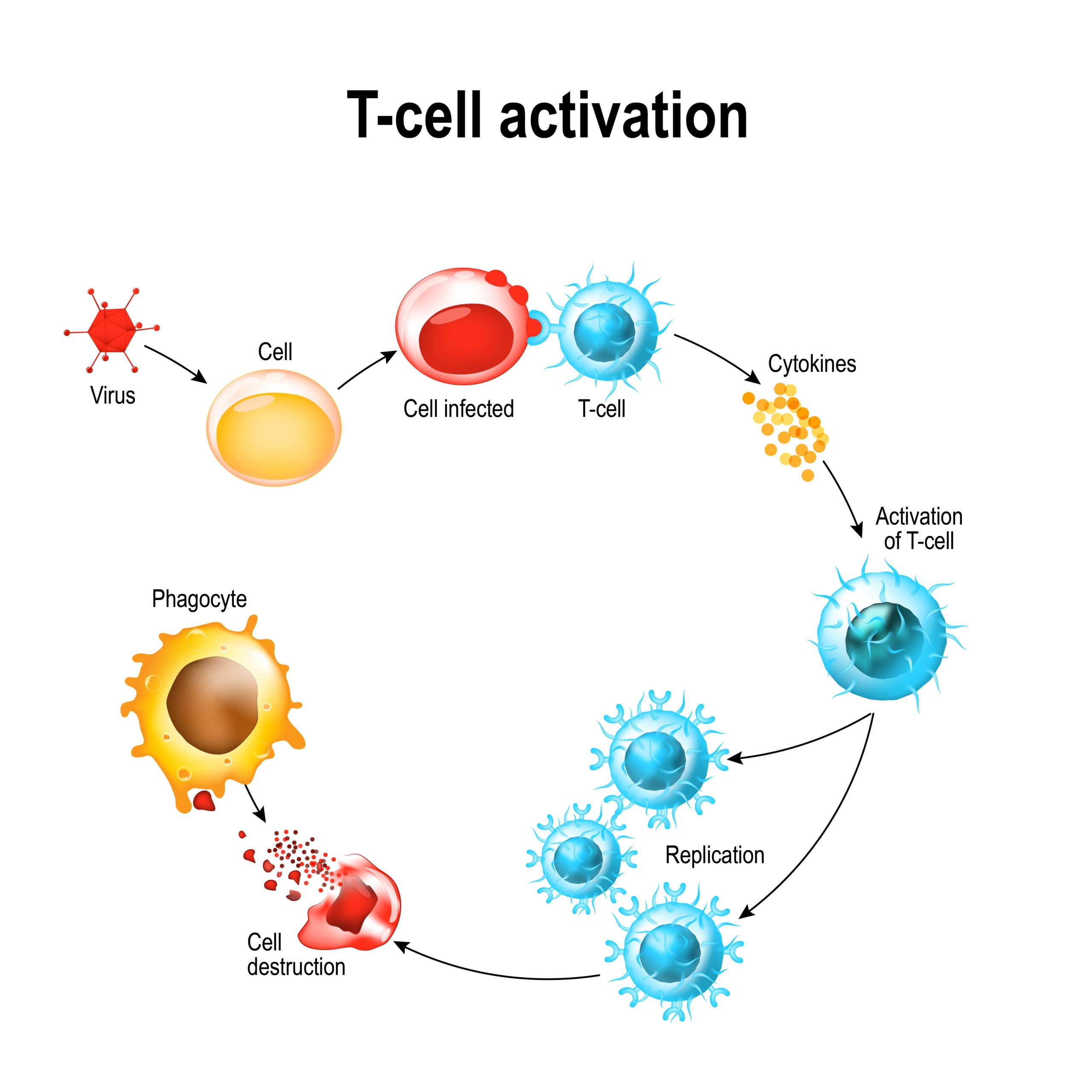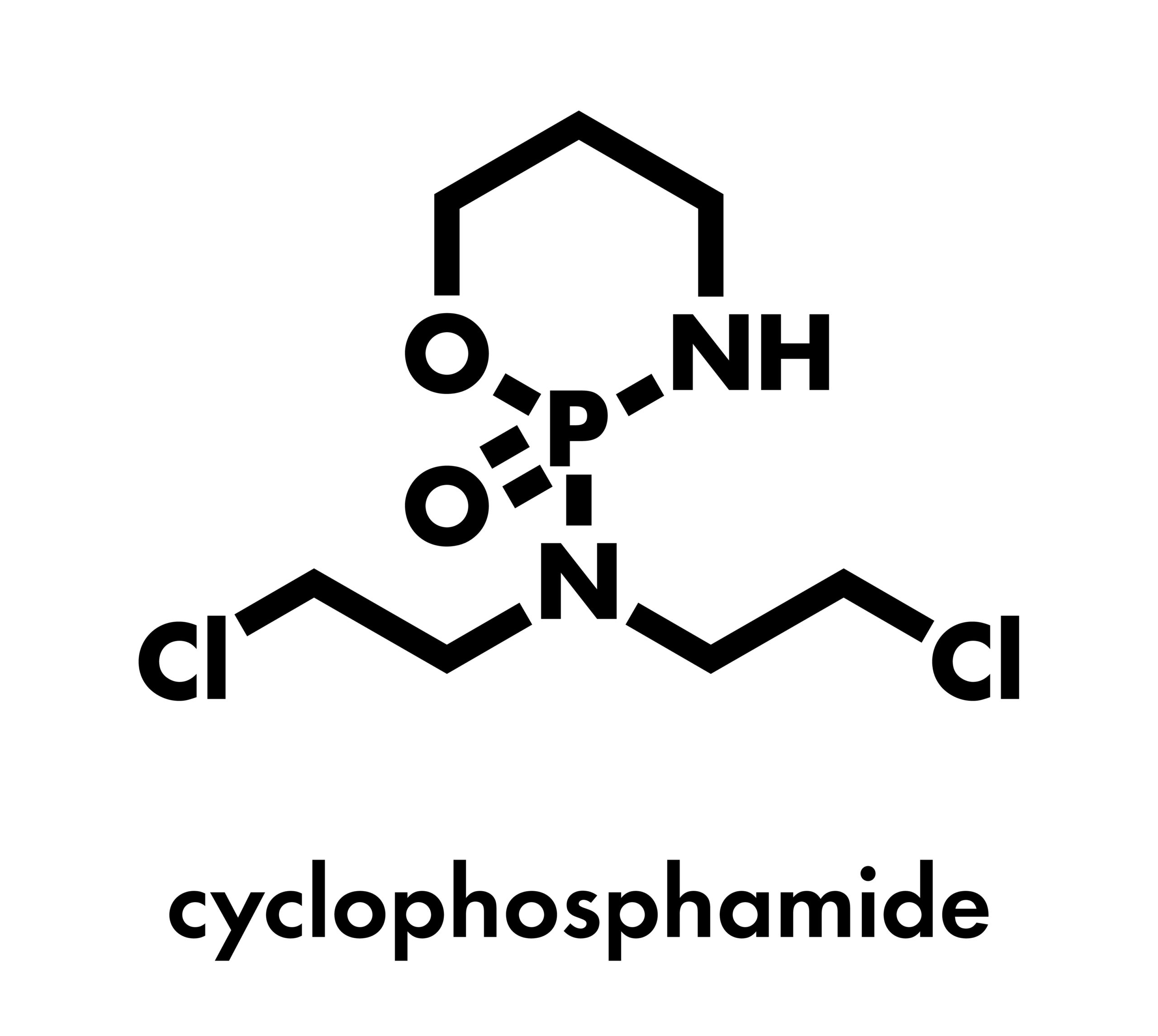
Previously, Katiri Snyder and colleagues determined that the enzyme protein arginine methyltransferase 5 (PRMT5) was upregulated in acute graft-versus-host disease (aGVHD) and that PRMT5 inhibition ameliorated T-cell-mediated inflammation without compromising graft-versus-leukemia activity of allogeneic hematopoietic cell transplantation. They further established that prohibitin is a binding partner for PRMT5.
In a subsequent study, the team evaluated the enzymatic mechanism of PRMT5 on prohibitin that leads PRMT5 to mediate T-cell inflammatory responses in aGVHD. Snyder presented the study at the 64th ASH Annual Meeting and Exposition and reported that prohibitin was symmetrically demethylated by PRMT5 in human T cells and that prohibitin inhibitor treatment in a murine modeled impaired differentiation into inflammatory cell subtypes.
Researchers Identify Potential Inflammation-Related Target in aGVHD
In addition, Snyder and researchers found surface expression of prohibitin was increased upon activation in human T cells in vitro. The team also noted that prohibit-expressing splenic T cells generated interferon gamma (IFNγ) and interleukin (IL)-17, inflammatory cytokines from Th17 and T helper cell 1 (Th1) cells.
In the murine model, prohibitin inhibition reduced IL-17 secretion and downregulation of Il17a, Il17f, and Il22 genes. Furthermore, PRMT5-depleted murine T cells showed reduced prohibitin transcription upon activation compared with T-cell controls.
Taken together, the authors concluded their findings “link PRMT5 and [prohibitin], show relevancy of [prohibitin] in Th1- and Th17-mediated inflammation, and suggest a potential role for the PRMT5-[prohibitin] axis in acute GVHD.”
More From ASH: Pilot Data on Fecal Microbiotherapy for Acute GI GVHD







 © 2025 Mashup Media, LLC, a Formedics Property. All Rights Reserved.
© 2025 Mashup Media, LLC, a Formedics Property. All Rights Reserved.